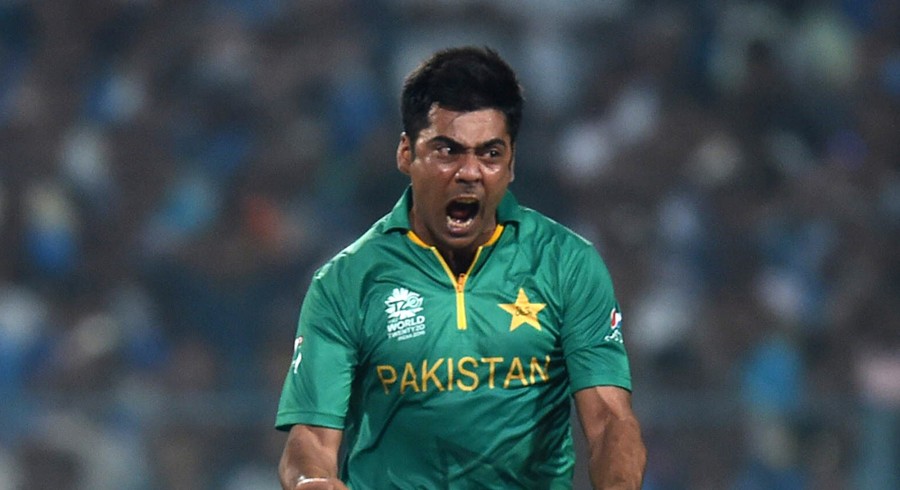Pacer believes underachieving in five-day format affected his chances in ODIs as well
 PHOTO: AFP
PHOTO: AFP
Veteran Pakistan fast-bowler Mohammad Sami has accepted that his performances in the five-day format were not up to the mark and that affected his chances in the limited-overs as well.
Sami, who made his debut for Pakistan in 2001 against New Zealand and ended up playing 36 Tests claiming 85 wickets at a disappointing average of 52.7 and strike-rate of 88.2, believes he can only blame himself for the poor show.
“Test cricket was a struggle,” said Sami while talking to ESPNCricinfo. “I was the Player of the Match in my first Test, but then after two or three series, I did not play regularly. And really, I did not perform according to the expectations. After that, the issue was that I was in and out of the side. I would play one Test and then sit out for a year before making a comeback. That does have an impact on you mentally, constantly being in and out of the team. In those days, the wickets in the subcontinent were very much batting wickets.”
He added that he didn’t make enough of the opportunities presented to him.
“Still, even with all of that in mind, I didn’t perform as well as I should have in Test cricket. Opportunities were there but I just didn’t perform well. I don’t think so that anyone could’ve [helped me]. 36 Test matches is enough for someone to prove themselves and I didn’t do it.”
Sami was tipped as the next big thing for the subcontinent giants and was identified as the one alongside Shoaib Akhtar to take over the reins of fast-bowling from the two Ws — Wasim Akram and Waqar Younis — after claiming figures of eight for 106 in his first Test, but the 37-year-old believes the comparison at any level with the two legends of the game was not right.
“It was a dream come true [to play for Pakistan] with Wasim Akram, Waqar Younis and Shoaib Akhtar around on the scene as every kid dreams of playing Test cricket for the country and donning the green cap,” he said. “The plan always was to serve Pakistan as well as I could, but when you speak of Wasim and Waqar, you’re talking about all-time greats and legends of the game so I don’t think it is right to compare me to them.”
Sami has also represented Pakistan in 87 ODIs, where he claimed 121 wickets at an average of 29.47 and strike-rate of 35.4, and the Islamabad United pacer believes his chances in the 50-over format were reduced due to his poor run in Tests.
“I believe because I didn’t perform well in Test cricket, it had an impact on my place in the ODI team,” said Sami. “If you look at my performance in ODIs, they are very good, but because of my Test performances, I kept getting dropped from the team in the 50-over format. To be honest, that did hurt. I accept that my Test match performance was not great, but my ODI stats suggest I should not have been dropped from ODIs.”
Talking about facing difficulties following the axe, Sami revealed that he needed to garner a lot of character to return to the national side, something he did quite a lot in his over-a-decade long career.
“You can talk to the captain, the coach or the cricket board, but the person you really need to talk to is yourself as self-motivation is most important,” he said. “Once you get dropped, the way back is long and very difficult. You have to go back to domestic cricket and work hard to start the process of your comeback, the course of which you have to plot yourself. You have to self-motivate at a time when you’re most disheartened. It doesn’t happen without hard work and mental toughness.”